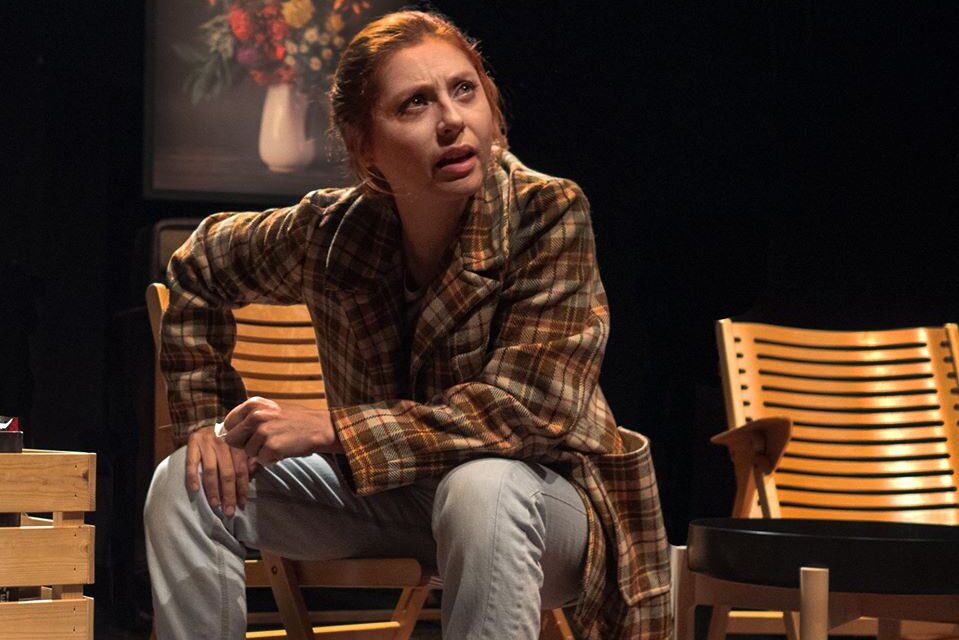What have millennial women fought for? “Did we fight for that? Why we fought for nothing,” cries one of the two nameless “more important halves“ in this eponymous play.
This generational docu-drama is by millennial playwrights Beatrice Kurbel and Mirna Rustemović. Directed by Paola Slavica, the play describes the lives of two millennial women approaching “the terrible thirties.“ They are, at first glance, on opposing sides. One is a new mother, while the other is focused on her career. Both ask themselves the same questions but are not finding answers. How do we live? How do we make use of the time we have? How do we keep relationships going with the people closest to us? In the end, what is left – can we keep our friendship with our more important half? These are just some of the questions this lively and modern text poses. There are no answers, but asking questions is good enough.
These dilemmas are brought to life by Zagreb’s Mašina igre, an independent theater company whose name is definitely a sign of their style (mašina – machine, igre – games). Mašina igre is an artistic machine that deconstructs and plays with a text. The company’s founder Paola Slavica, as many before her, sees the theatre as a place to ask important, socio-political questions. According to Slavica, theater cannot provide answers, but it can wake up their audiences’ emotions and provoke them to make changes in their lives. The play is perfectly incorporated in Mašine igre’s program.
It ran in the beginning of March, just before Croatian theatres closed due to Covid-19. Most of the audience was composed of women in their twenties who were delighted by the play. This positive reception shows that they recognized More Important Halves reflects their lives, entertains, recognizes their problems and offers them a new reality.
Slavica, who also plays one of the women, and actor Judita Franković Brdar were part of this project from its beginning. This is clearly visible in the play – More Important Halves is an auteur project by four women who have made equal contributions to it. Slavica gave herself and Franković Brdar the freedom to fully inhabit their characters and make them real. The text provides material for experimentation, and they made complete use of it by transforming these stories into their own. Croatian millennial women can easily identify themselves in these stories because this is their everyday life.
Slavica and Franković Brdar position their characters on an equal footing, playing not only with the text – which is sometimes overwritten and contains unnecessary reiterations – but with their bodies. They change clothes, dance, drink, eat, use social media, and live in a virtual reality that is often more real than their physical ones. Everything is there, everything is present and within their reach, but what does it mean? In the end, we only have our own, little lives that must navigate times of crisis and peace.
Choosing life is definitely the best option, just like eighteen-year-old Maria did in Simon Stephen’s newest play. As the successors of millennials, this is also generation Z’s choice. Since birth, Gen-Z has lived in two realities, the virtual and the physical, but have not neglected engagement with the latter. In this play, it seems the only sensible solution is to wait. Time will have the answers.
This post was written by the author in their personal capacity.The opinions expressed in this article are the author’s own and do not reflect the view of The Theatre Times, their staff or collaborators.
This post was written by Mila Bulimbasic Botteri.
The views expressed here belong to the author and do not necessarily reflect our views and opinions.


















